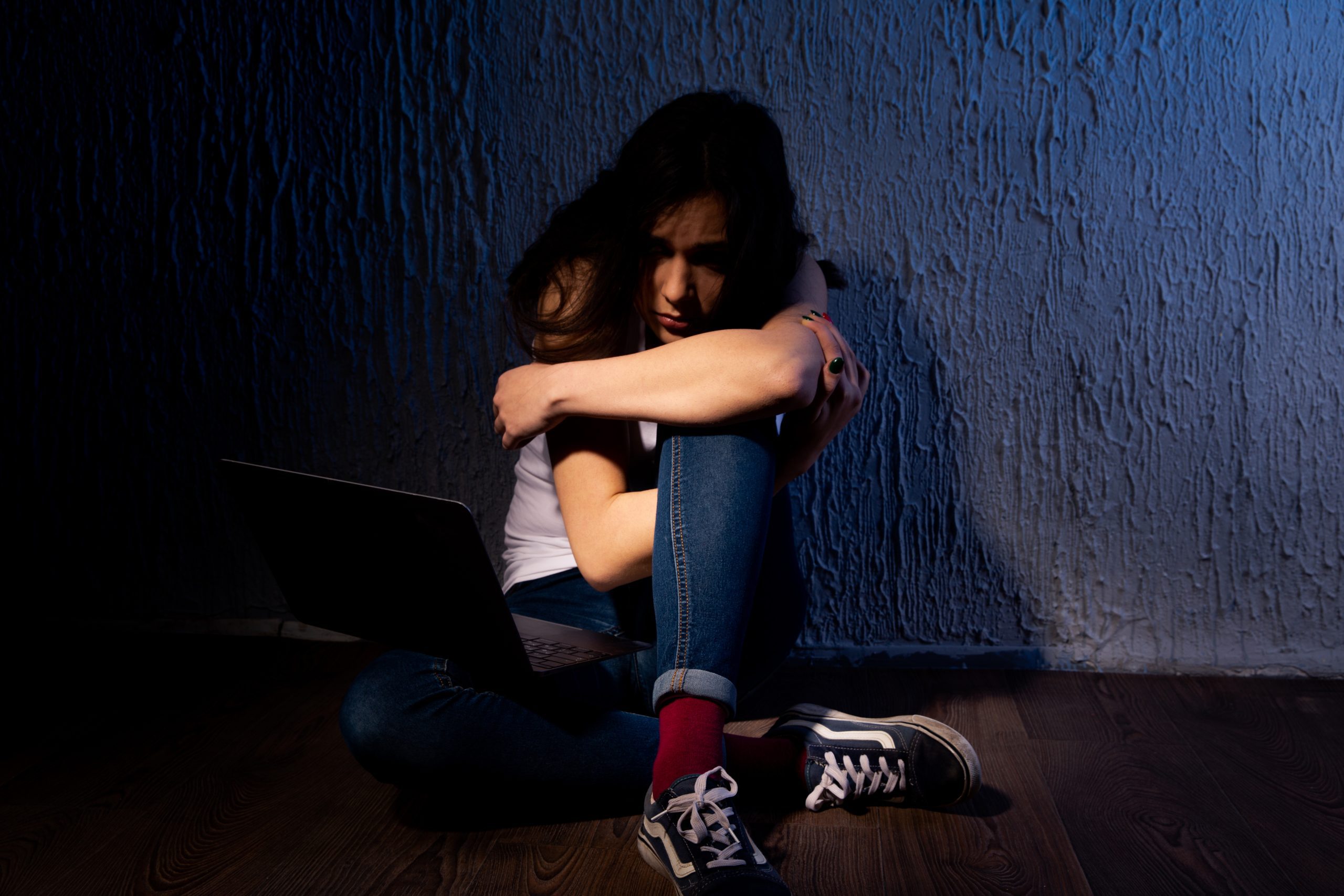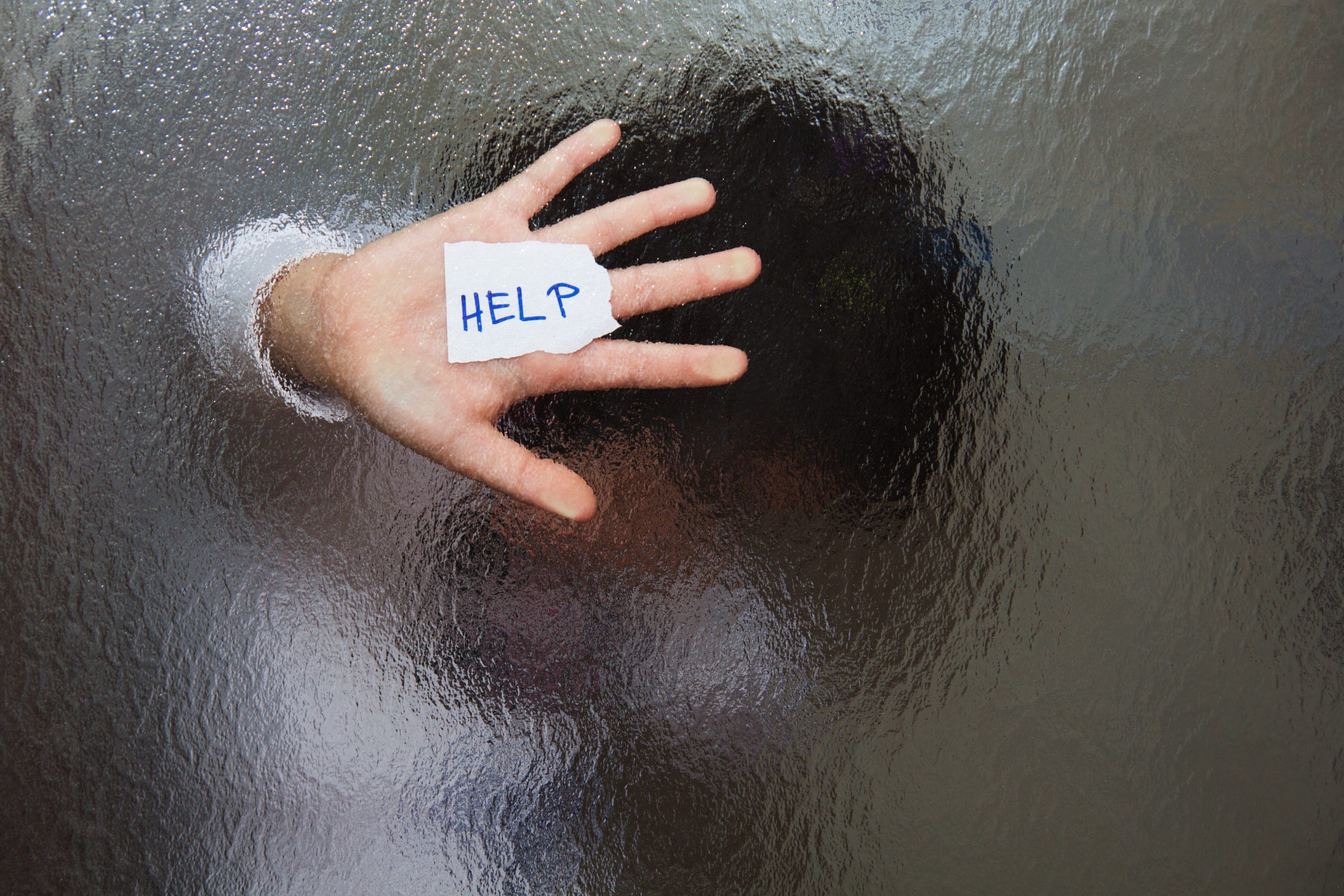Has your child experienced or been impacted by sexual abuse?
We are here to provide support for both you and your child.
At Brave Futures, our practitioners are trained in the Letting the Future In (LTFI) intervention, developed by the NSPCC. This approach, recommended by the National Institute for Health and Care Excellence (NICE), helps children, young people, and families heal and rebuild their lives after child sexual abuse. LTFI is a child-centred therapeutic approach that gives children the time and space to recover from trauma, while also strengthening their relationships with siblings and carers.
What can we expect if we access your service for support with a child or young person?
An initial assessment will be completed with the child/young person and their family, followed by weekly one-on-one sessions (approximately 24-30 sessions). Sessions for older young people may take a more directive, talking-based approach, while younger children may engage in creative approaches such as messy play, arts, and storytelling.
What support is available for us as parents/carers, and for siblings who may also be affected?
Parents/carers are offered one-on-one sessions to help them better understand sexual abuse and the needs of their child. Siblings who are also struggling with the impact of their sibling’s abuse can be offered individual support sessions as well.






